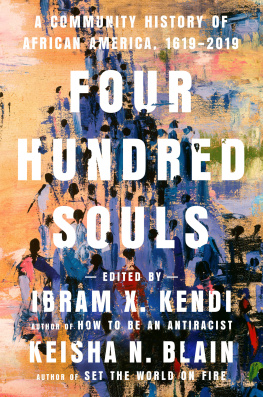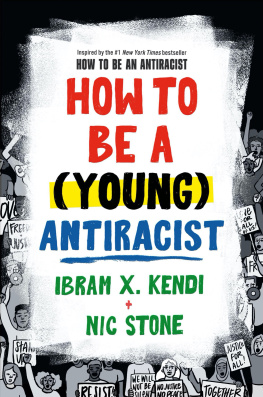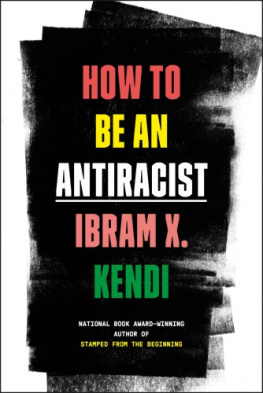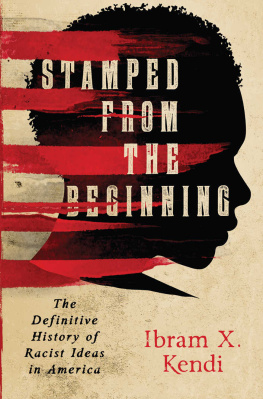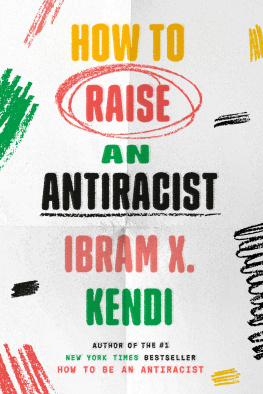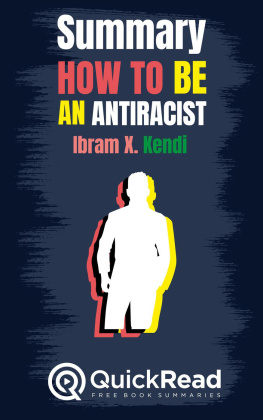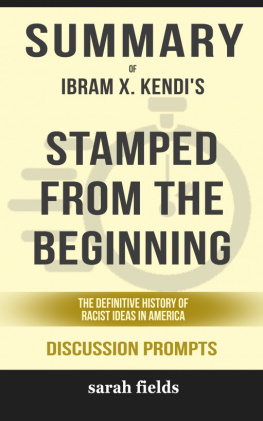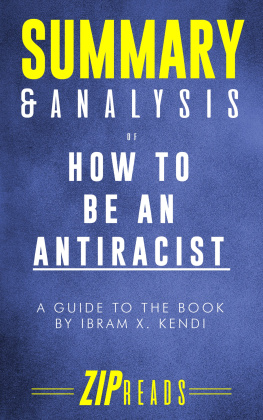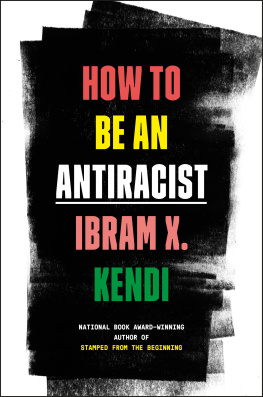Ibram X. Kendi - Four Hundred Souls: A Community History of African America, 1619-2019
Here you can read online Ibram X. Kendi - Four Hundred Souls: A Community History of African America, 1619-2019 full text of the book (entire story) in english for free. Download pdf and epub, get meaning, cover and reviews about this ebook. year: 2021, publisher: Random House Publishing Group, genre: Politics. Description of the work, (preface) as well as reviews are available. Best literature library LitArk.com created for fans of good reading and offers a wide selection of genres:
Romance novel
Science fiction
Adventure
Detective
Science
History
Home and family
Prose
Art
Politics
Computer
Non-fiction
Religion
Business
Children
Humor
Choose a favorite category and find really read worthwhile books. Enjoy immersion in the world of imagination, feel the emotions of the characters or learn something new for yourself, make an fascinating discovery.
- Book:Four Hundred Souls: A Community History of African America, 1619-2019
- Author:
- Publisher:Random House Publishing Group
- Genre:
- Year:2021
- Rating:5 / 5
- Favourites:Add to favourites
- Your mark:
- 100
- 1
- 2
- 3
- 4
- 5
Four Hundred Souls: A Community History of African America, 1619-2019: summary, description and annotation
We offer to read an annotation, description, summary or preface (depends on what the author of the book "Four Hundred Souls: A Community History of African America, 1619-2019" wrote himself). If you haven't found the necessary information about the book — write in the comments, we will try to find it.
Four Hundred Souls: A Community History of African America, 1619-2019 — read online for free the complete book (whole text) full work
Below is the text of the book, divided by pages. System saving the place of the last page read, allows you to conveniently read the book "Four Hundred Souls: A Community History of African America, 1619-2019" online for free, without having to search again every time where you left off. Put a bookmark, and you can go to the page where you finished reading at any time.
Font size:
Interval:
Bookmark:
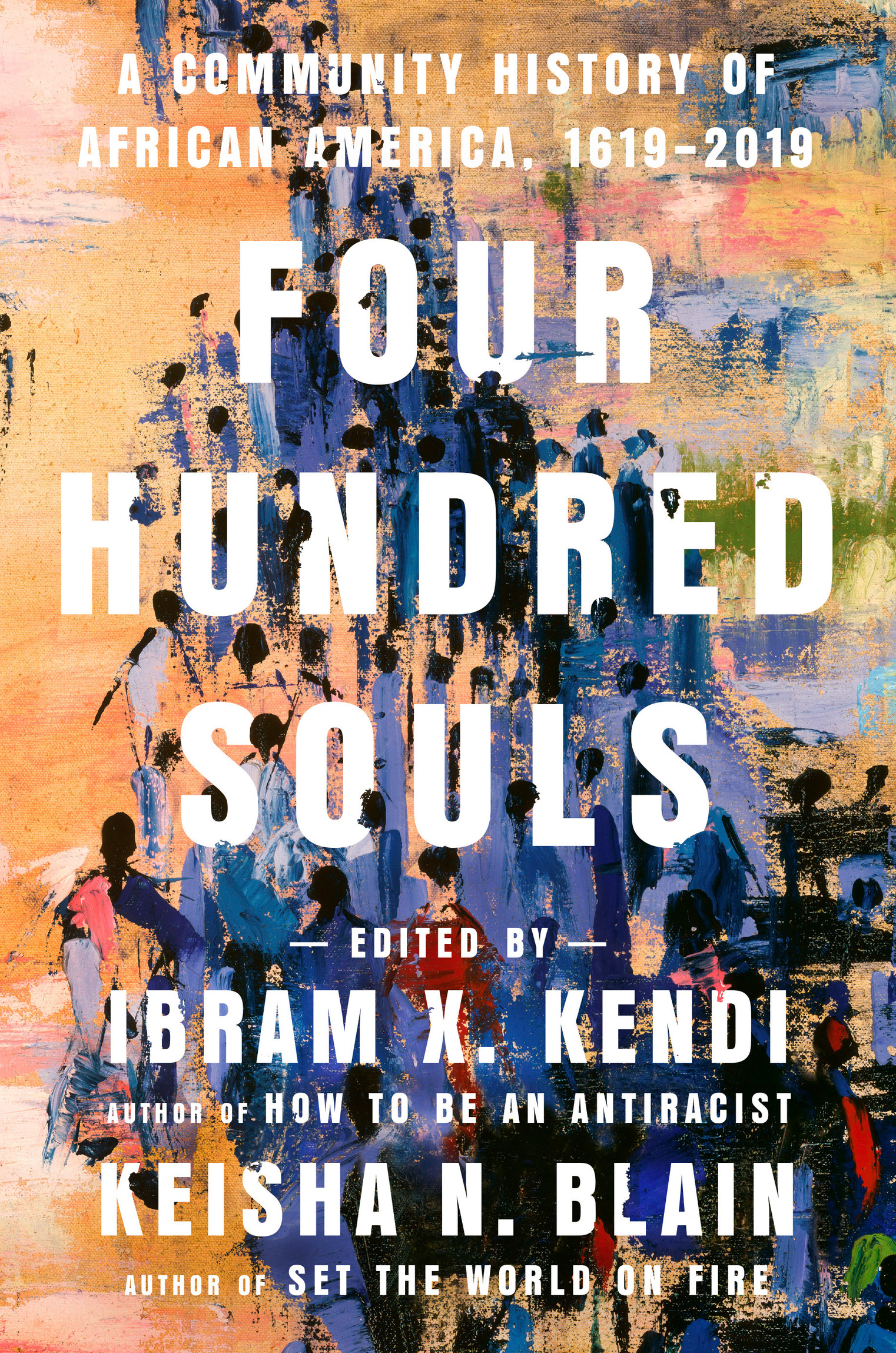
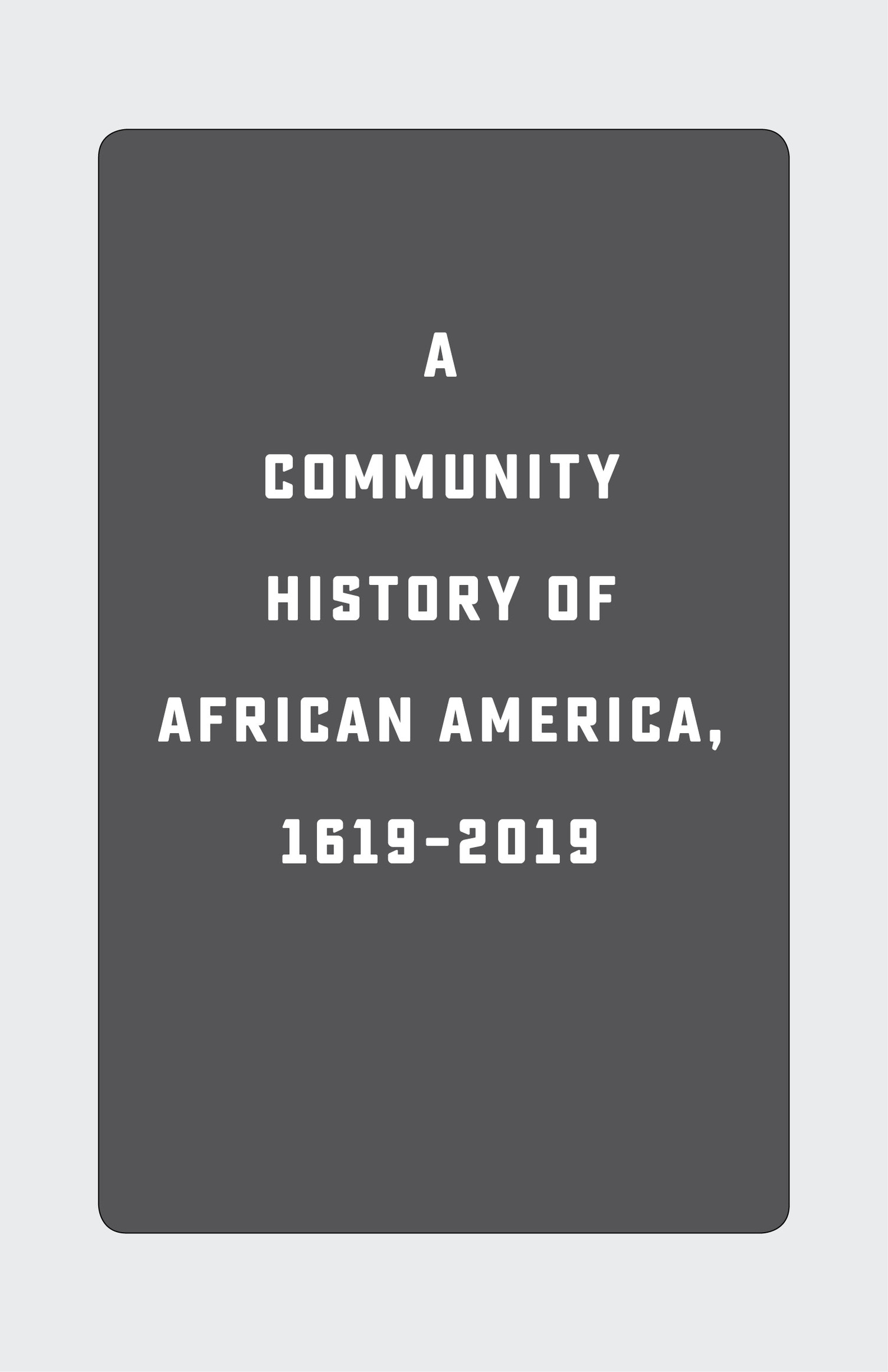
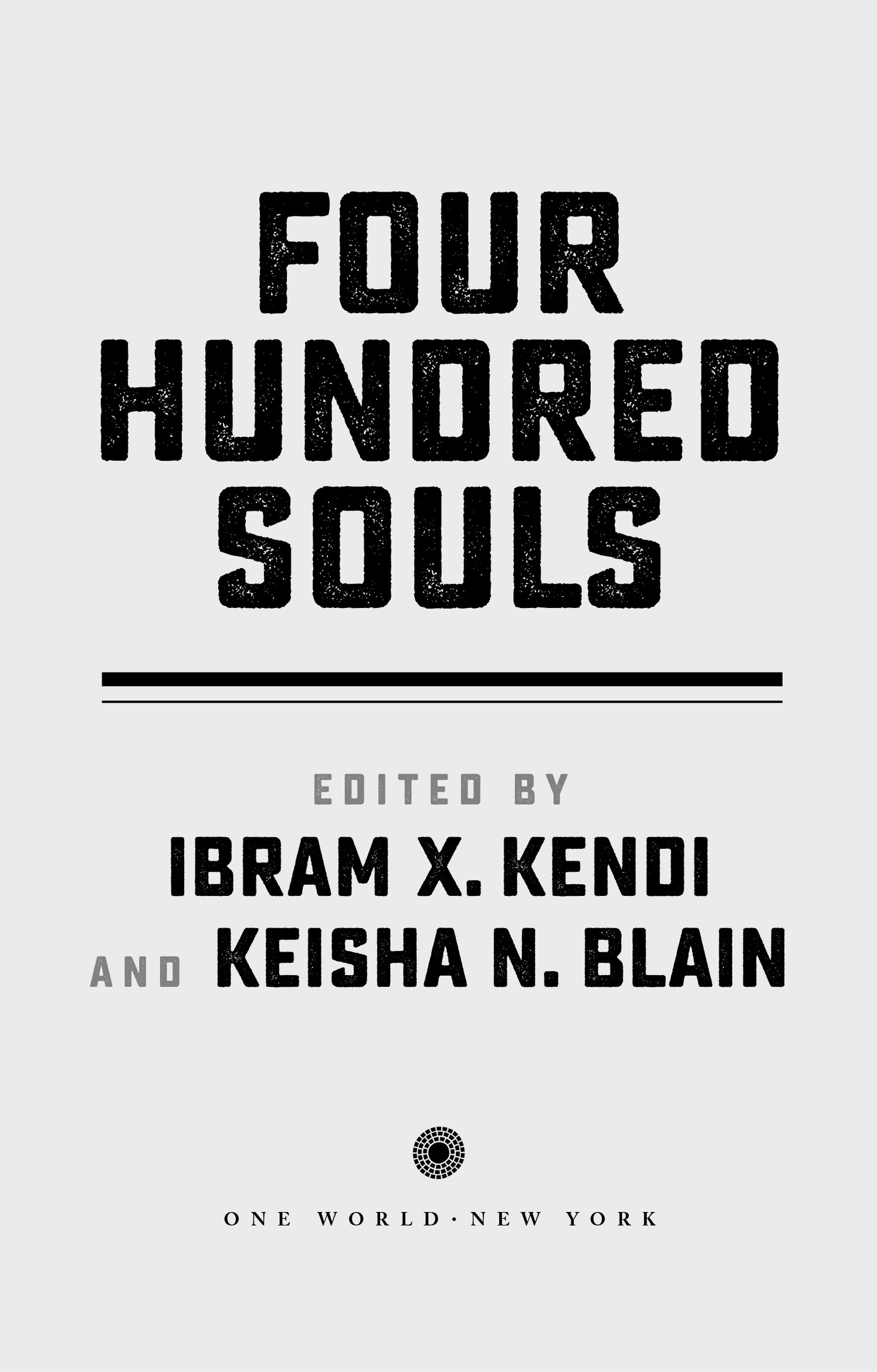
Four Hundred Souls is a work of nonfiction.
Copyright 2021 by Ibram X. Kendi and Keisha N. Blain
All rights reserved.
Published in the United States by One World, an imprint of Random House, a division of Penguin Random House LLC, New York.
One World and colophon are registered trademarks of Penguin Random House LLC.
Copyright to each contribution is owned by its author. A list of copyright credits begins on .
Library of Congress Cataloging-in-Publication Data
Names: Kendi, Ibram X., editor. | Blain, Keisha N., editor.
Title: Four hundred souls : a community history of African America, 16192019 / edited by Ibram X. Kendi, and Keisha N. Blain.
Other titles: Community history of African America, 16192019
Description: New York : One World, [2021] | Includes bibliographical references and index. |
Identifiers: LCCN 2020043755 (print) | LCCN 2020043756 (ebook) | ISBN 9780593134047 (hardcover) | ISBN 9780593134054 (ebook)
Subjects: LCSH: African AmericansHistory. | United StatesRace relationsHistory.
Classification: LCC E185 .F625 2021 (print) | LCC E185 (ebook) | DDC 973/.0496073dc23
LC record available at https://lccn.loc.gov/2020043755
LC ebook record available at https://lccn.loc.gov/2020043756
Ebook ISBN9780593134054
oneworldlit.com
Book design by Barbara M. Bachman, adapted for ebook
Cover design: Michael Morris
Cover art: Bayo Iribhogbe
ep_prh_5.6.1_c0_r0
I n August 1619 , when the twenty Negroes stepped off the ship White Lion and saw the British faces, they didnt know.
As their feet touched Jamestown, Virginia, they didnt know their lives would never be the same. They didnt know they would never see their community again.
Maybe they did remember the waters on the other side of the Atlantic Ocean surging into the Cuanza River that flowed into their West African homeland. Maybe they did not, too weary from the Middle Passage to picture Ndongo.
The West African nation of Angola derives its name from ngola, the royal title of Ndongos head of state. The twenty Ndongo people who arrived in Jamestown in August 1619 had likely been seized in a slave raid earlier that year in modern-day Angola and brought to the Portuguese port colony of Luanda unaware that they were pregnant with a new community.
In Luanda, they joined about 350 other captured Ndongo people, all now herded like chattel onto the So Joo Bautista. The Portuguese slave traders set sail for Spains plantation colony of Vera Cruz, Mexico. But they never arrived. The White Lion, an English privateer captained by John Jope, and another English privateer, the Treasurer, attacked in the glistening Caribbean waters. Not as abolitionists. As warriors against Europes declining superpower at the time: Spain.
The men-of-war kidnapped from the kidnappers a community of sixty or so enslaved people, probably the healthiest and youngest aboard. They divided the human bounty between the Treasurer and the White Lion and headed north to the British colonies.
The twenty or so Ndongo people went into labor as the White Lion sailed up the Atlantic. Historical forces were shaping this communityand the community was shaping historical forces. The community deliveredand was deliveredon Virginias shores on August 20, 1619, the symbolic birthdate of African America.
The Ndongo people were not the first people of African descent to land in the Americas. The first arrived before Christopher Columbus. Some people from Africa may have joined Spanish explorers on expeditions to the present-day United States during the sixteenth century. A revolt of enslaved Africans prevented Spanish slaveholders from establishing plantations in current-day South Carolina in 1526. A muster roll for March 1619 shows that there were already thirty-two African slaves in Virginia, historian Thomas C. Holt explained. But no one knows how or when they arrived. No one knows the precise birthdate of African America.
Perhaps no one is supposed to know. African America is like the enslaved woman who tragically never knew exactly when she was born. African America is like the enslaved man who chose his own birthdayAugust 20, 1619based on the first record of a day when people of African descent arrived in one of the thirteen British colonies that later became the United States. Since 1619, the people of African descent arriving or born in these colonies and then the United States have comprised a community self-actualizing and sometimes self-identifying as African America or Black America. African speaks to a people of African descent. Black speaks to a people racialized as Black.
Black America can be defined as individuals of African descent in solidarity, whether involuntarily or voluntarily, whether politically or culturally, whether for survival or resistance. Solidarity is the womb of community. The history of African America is the variegated story of this more-than-400-year-old diverse community. Ever since abolitionist James W. C. Pennington wrote The Origin and History of the Colored People, the inaugural history of Black America published in 1841, histories of Black America have almost always been written by a single individual, usually a man. But why not have a community of women and men chronicling the history of a community? Why not a Black choir singing the spiritual into the heavens of history? Four Hundred Souls: A Community History of African America, 16192019 is that community choir for this historic moment.
Award-winning historian and editor Keisha N. Blain and I assembled a community of eighty Black writers and ten Black poets who represent some of the best recorders of Black America at its four-hundred-year mark. The community is a remarkable sampling of historians, journalists, activists, philosophers, novelists, political analysts, lawyers, anthropologists, curators, theologians, sociologists, essayists, economists, educators, poets, and cultural critics. The writing community includes Black people who identify (or are identified) as women and men, cisgender and transgender, younger and older, straight and queer, dark-skinned and light-skinned. The writers are immigrants or descendants of immigrants from Africa and the African diaspora. The writers are descendants of enslaved people in the United States.
Most of the pieces in this volume were written in 2019. We wanted the community to be writing during the four-hundredth year. We wanted Four Hundred Souls to write history and be history. Readers of this communal diary will forever know what Black Americans were thinking about the past and present when African America symbolically turned four hundred years old.
Each of the eighty writers here chronicles a five-year span of Black Americas history to cover the four hundred years. The volumes first writer, the Pulitzer Prizewinning creator of The 1619 Project, journalist Nikole Hannah-Jones, covers from August 20, 1619, to August 19, 1624. The volumes final writer, Black Lives Matter cofounder Alicia Garza, covers from August 20, 2014, to August 20, 2019. Each piece has been written distinctively while being relatively equal in length to the others, making for a cohesive and connected narrative with strikingly differentyet unifiedvoices. A choir.
Font size:
Interval:
Bookmark:
Similar books «Four Hundred Souls: A Community History of African America, 1619-2019»
Look at similar books to Four Hundred Souls: A Community History of African America, 1619-2019. We have selected literature similar in name and meaning in the hope of providing readers with more options to find new, interesting, not yet read works.
Discussion, reviews of the book Four Hundred Souls: A Community History of African America, 1619-2019 and just readers' own opinions. Leave your comments, write what you think about the work, its meaning or the main characters. Specify what exactly you liked and what you didn't like, and why you think so.

